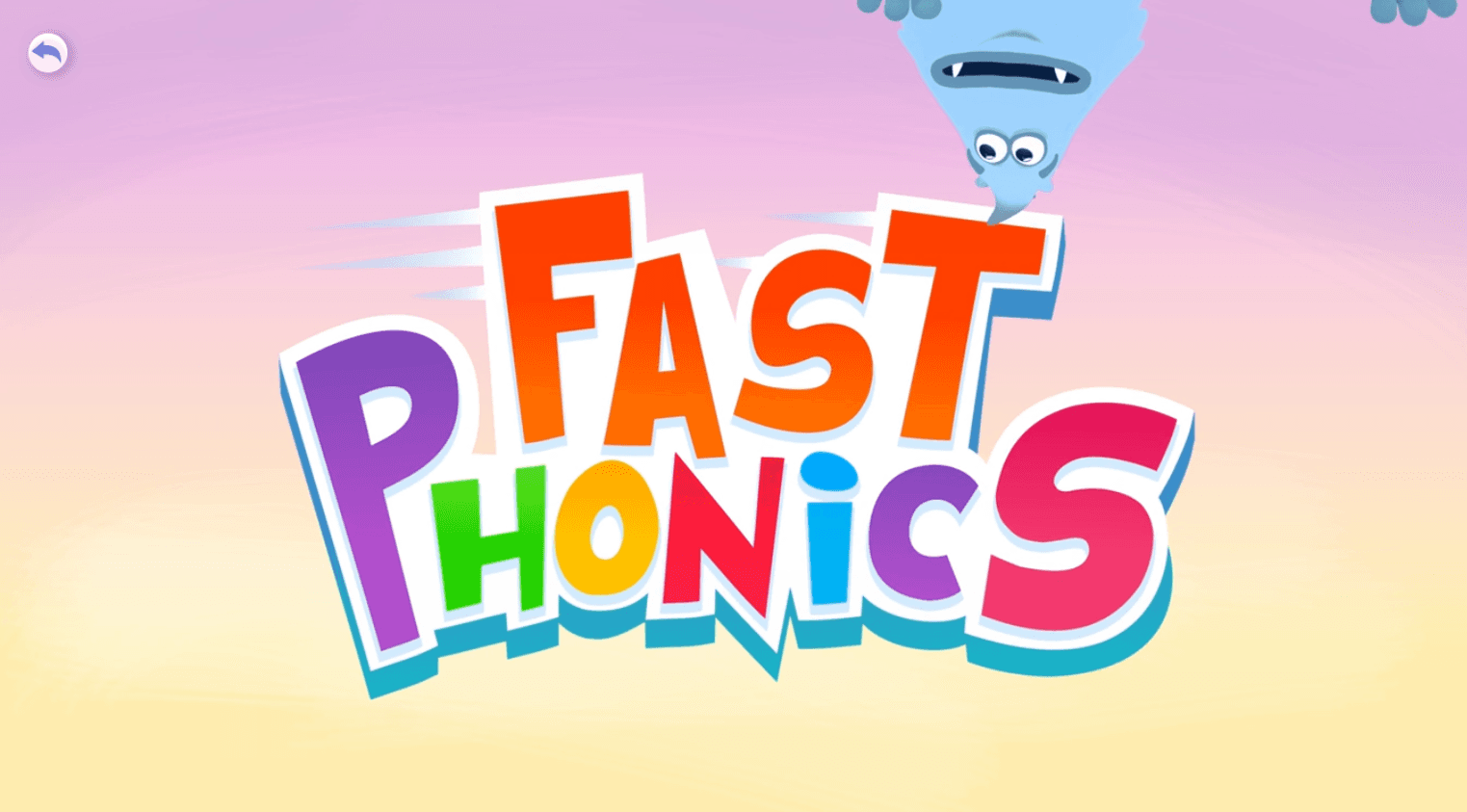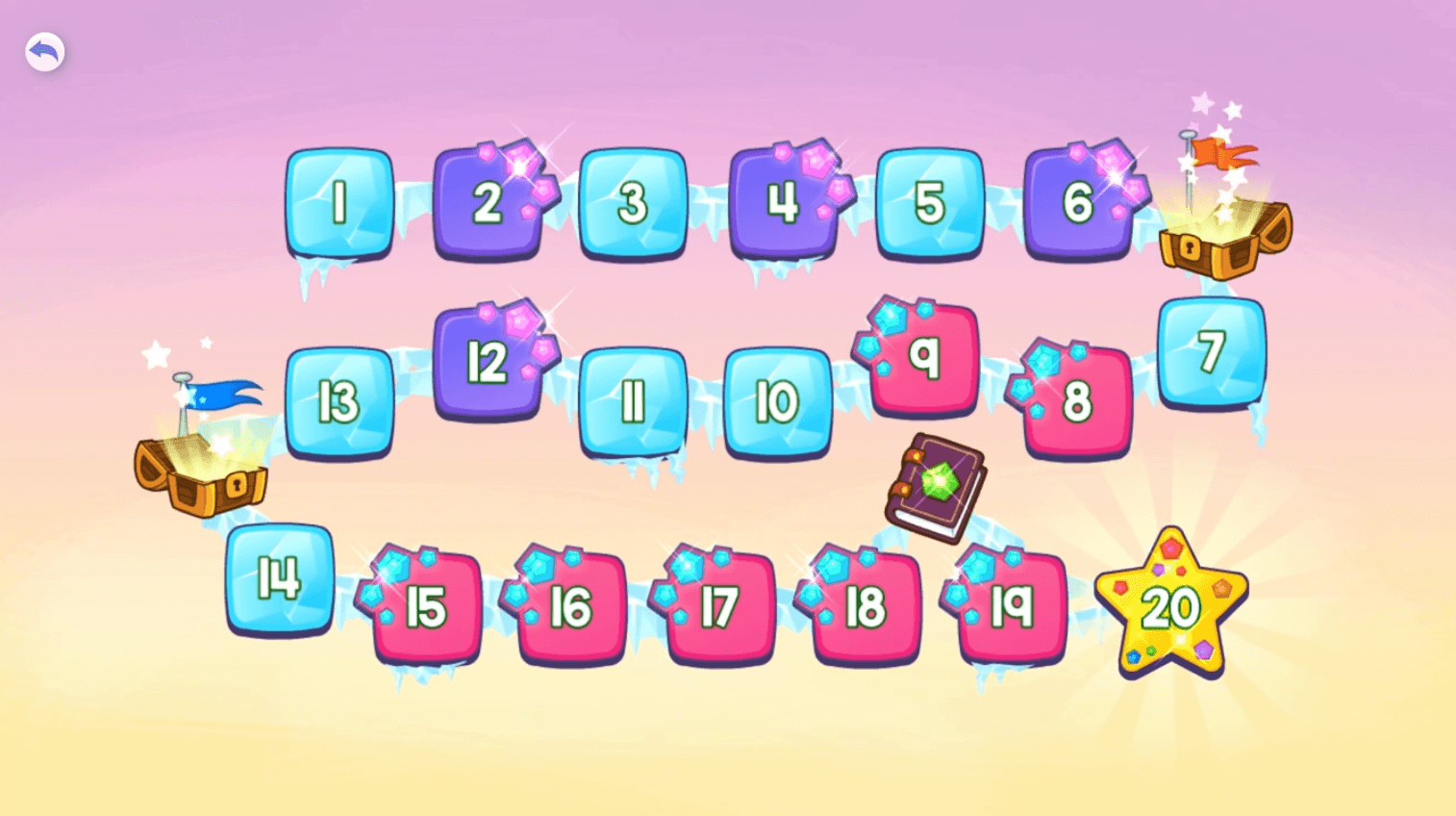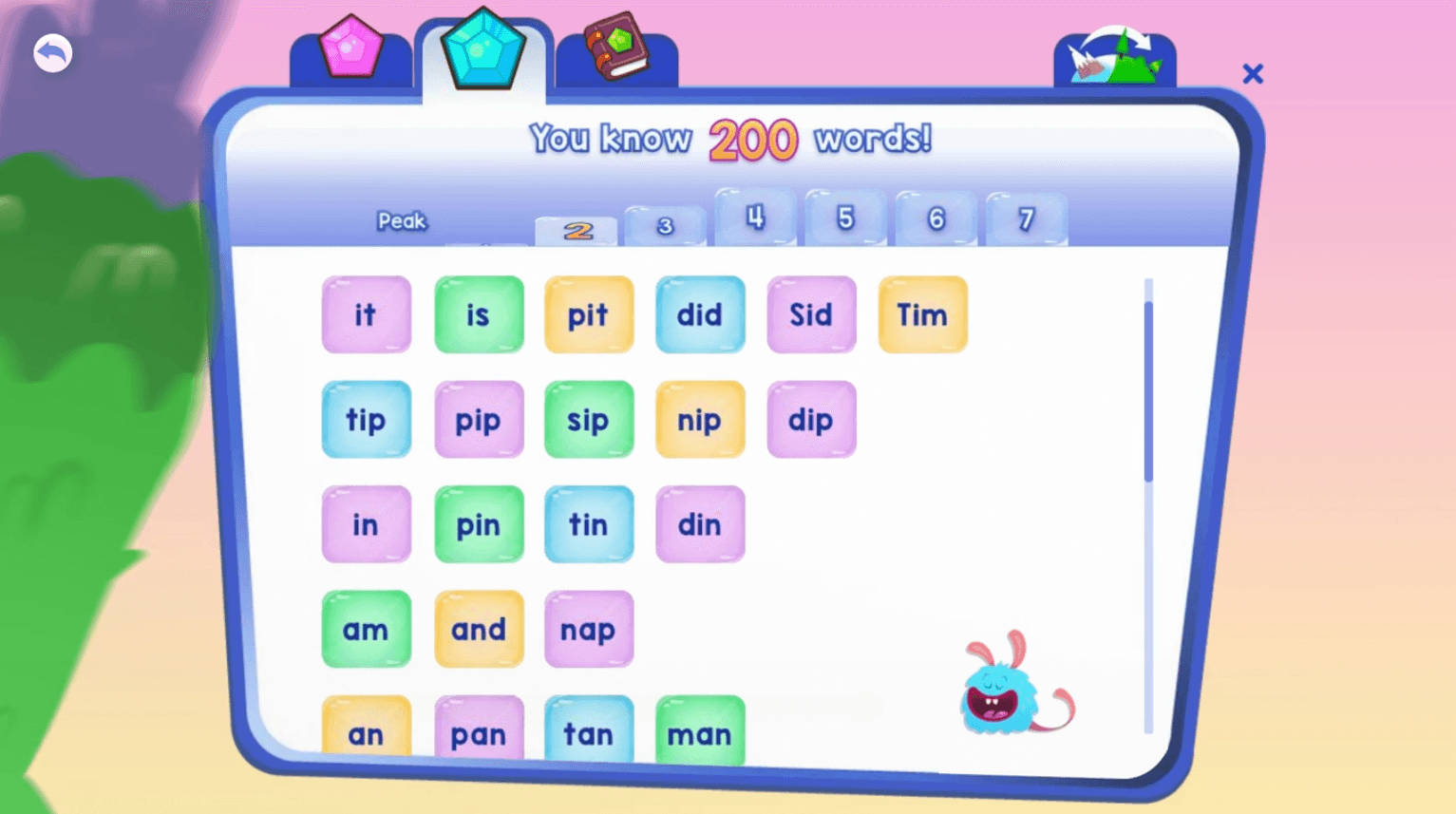


Explicit Teaching and Systematic Synthetic Phonics in Victorian Schools: Building Strong Readers with Best Practice in the Early Years

Victorian schools in Australia have long been at the forefront of literacy education, with students consistently achieving top reading scores in their NAPLAN results.
Building on this strong foundation, the Victorian Government’s recent mandate for daily phonics instruction, along with explicit teaching and systematic synthetic phonics, is becoming central to literacy instruction across the state.
Let’s explore how Fast Phonics can help in Victorian schools with its structured and evidence-based approach to phonics instruction. A webinar recording with our expert is also available for a deeper, more practical look.
What is explicit teaching and why it’s at the core of the revised Victorian Teaching and Learning Model
The revised Victorian Teaching and Learning Model (VTLM 2.0) emphasises the current research and evidence on how students learn and which teaching strategies are the most effective. At the centre of the model is explicit teaching, where new concepts, skills or knowledge are explained clearly and directly.
Skills are taught in a logical sequence, with each lesson building on prior knowledge, and concepts are reinforced through repeated practice. Research shows that this kind of explicit teaching is highly effective in helping all students, especially struggling readers, achieve reading success.
Breaking down Systematic Synthetic Phonics
Earlier this year, the Department of Education mandated all Victorian public schools implement systematic synthetic phonics for Prep–Year 2, requiring 25 minutes of phonics instruction per day. This is based on decades of research in Australia, Great Britain and the United States.
To help students become strong and independent readers, a systematic, synthetic phonics program must have a carefully mapped scope and sequence.
The systematic sequence must be explicit and logical, starting with simple and moving through to more complex phonics knowledge and skills.
The synthetic part means children are taught to "synthesise," or blend, individual sounds (phonemes) to form words.
In practice, systematic synthetic phonics means that students start with learning letter sounds and blending them into words. They are also taught to break down words and spell them, linking reading and writing. Decodable texts reinforce the letter-sound combinations, helping practise these skills. This approach builds fluency and confidence, enabling students to read words quickly and accurately.
Unlocking literacy success: How Fast Phonics supports Victorian teachers in implementing systematic synthetic phonics
Fast Phonics is a systematic synthetic phonics program included in the comprehensive Reading Eggs subscription. It contains 20 peaks and supports a structured literacy approach to build foundational reading skills. Each Lesson Peak also includes practice in extended reading of decodable texts.


The program focuses on phonemic awareness and phonics, enabling students to master the essential skills of blending and segmenting sounds through:
Explicit instruction followed by scaffolded activities, independent practice and instant feedback to consolidate learning and build automaticity.
A systematic scope and sequence designed to be cumulative providing spaced practice and effectively enabling skill building.
Phonological awareness and phonics to teach students to spell. The process begins with splitting words into syllables and phonemes, followed by matching those sounds to letters. These spelling elements focus on phonology. By teaching words that follow the same rules taught for reading (the letter c makes a /k/ sound), students are strengthening their cognitive pathways to understand these letter-sound correspondences.
Oral language, vocabulary, reading fluency and comprehension integrated into the peaks.
Teacher-developed ready-to-use resources with weekly teaching guides, sound maps, sound cards, tricky words instruction and hundreds of phonetically decodable books.


A bonus tip for busy teachers: Save time with Fast Phonics’ weekly planners
Speaking of resources – Fast Phonics’ weekly planners offer step-by-step guides that take the stress out of lesson planning and help keep students engaged and on track.
Divided into individual days, the weekly teaching guides set out:
✓ Week-by-week, day-by-day teaching and learning following the Fast Phonics program
✓ Learning objectives
✓ Revised and taught letter-sounds (Grapheme-Phoneme-Correspondences, GPCs)
✓ High frequency words and decodable words
✓ Tricky words (and how to teach them)
✓ Online videos and activities
✓ Additional instructional support
✓ Alternative spellings and pronunciations relevant decodable books and fluency reading recording sheets
✓ Worksheets and assessments.
Less screen time, more learning: How 15–30 minutes a week delivers real results
Embedding Explicit Teaching and Systematic Synthetic Phonics into our program is just one of the ways Reading Eggs supports Victorian schools.
In light of the upcoming 90-minute daily screen-time limit, we’ve written a blog post outlining what school leaders and classroom teachers need to know to make every allocated minute count. It includes the evidence that using Reading Eggs for just 20+ minutes per week enables students to exceed a full year’s expected literacy growth in just three terms.
Read it here: Less Screen Time, More Learning: How 15–30 Minutes a Week Delivers Real Results
Ready to see the impact of explicit teaching and systematic synthetic phonics in your classroom?
Fast Phonics, a phonics component of the comprehensive ABC Reading Eggs suite, is designed to seamlessly integrate with your existing classroom strategies, enhancing students’ phonics knowledge while aligning with Victoria’s focus on systematic synthetic phonics. Through explicit, structured teaching, our program supports your classroom’s approach to literacy, creating a clear path to reading success for every student.
Unlock your free 30-day trial and experience the difference!



